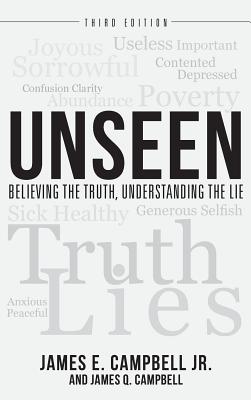Expedite your nonfiction book discovery process with Readara interviews, summaries and recommendations, Broaden your knowledge and gain insights from leading experts and scholars
In-depth, hour-long interviews with notable nonfiction authors, Gain new perspectives and ideas from the writer’s expertise and research, Valuable resource for readers and researchers
Optimize your book discovery process, Four-to eight-page summaries prepared by subject matter experts, Quickly review the book’s central messages and range of content
Books are handpicked covering a wide range of important categories and topics, Selected authors are subject experts, field professionals, or distinguished academics
Our editorial team includes books offering insights, unique views and researched-narratives in categories, Trade shows and book fairs, Book signings and in person author talks,Webinars and online events
Connect with editors and designers,Discover PR & marketing services providers, Source printers and related service providers

Unseen: Believing the Truth, Understanding the Lie
Religion > Christian Living - Personal Growth
- Yorkshire Publishing
- Hardcover
- 9781947247161
- 9.02 X 5.98 X 1 inches
- 1.67 pounds
- Religion > Christian Living - Personal Growth
- (Single Author) Asian American
- English
Readara.com
Book Description
The focus of the New Testament is the new identity which God says He has given us in Christ, by sheer gift. It is the identity for which each was created and about which all of us have dreamed. But, if we do not know this, the Bible just becomes a book of rules for getting to Heaven.
First Century Church leaders taught about this new identity. They taught how humans are designed to work and what causes people to be dysfunctional. As time progressed, believers lost touch with that knowledge and increasingly struggled to remember what God had accomplished in Christ. The grace of the original Greek text was lost as it was translated into Latin, the language of the warlike, Roman legal system, which became the standard for over 1,000 years. In the first centuries, as Church teaching changed, so too did the life of believers. Many have wondered what happened to the power so evident in the first believers. Some people have devised all sorts of explanations, but most are not true. Eventually, the lives of early believers became only a distant memory, akin to a myth.
Author Bio
James E. Campbell is a UB Distinguished Professor of political science at the University at Buffalo. He is the author of four university press books and more than 80 journal articles and book chapters.
His most recent book is Polarized: Making Sense of a Divided America (Princeton University Press). His other books include The American Campaign: U.S. Presidential Campaigns and the National Vote (Texas A&M, 2000 and 2008), Cheap Seats: The Democratic Party’s Advantage in U.S. House Elections (Ohio State, 1996), and The Presidential Pulse of Congressional Elections (Kentucky, 1993 and 1997).
He also co-edited Before the Vote and edited thirteen journal symposia on election forecasting. He has served as Chair of the Political Forecasting Group (APSA), as President of Pi Sigma Alpha (the national political science honor society), as a Congressional Fellow of the American Political Science Association, and as a program director of the Political Science Program at the National Science Foundation.
He has been a member of six editorial boards of political science journals and seven executive councils of political science organizations. Prior to joining the UB faculty in 1998, he was on the faculties of the University of Georgia from 1980 to 1988 and Louisiana State University from 1988 to 1998. He was Chair of UB’s Department of Political Science from 2006 to 2012.
Education
PhD, Syracuse University
MA, Syracuse University
AB, Bowdoin College, summa cum laude
Source: University at Buffalo Department of Political Science
Videos




Community reviews
No Community reviews

